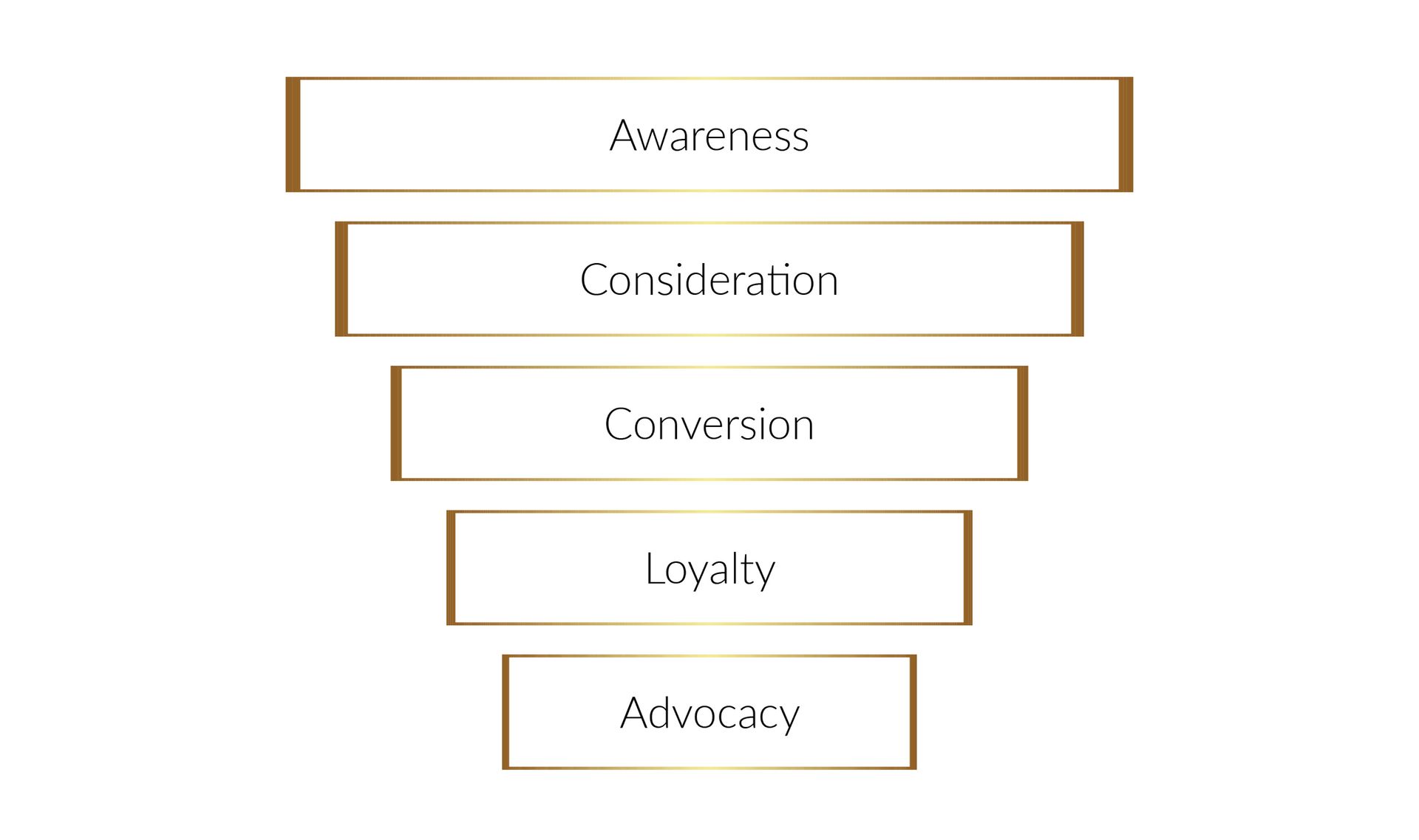Harnessing the Power of AI in Human Resources: Transforming the HR Landscape
Embracing Artificial Intelligence in HR: Enhancing Efficiency, Insight, and Strategic Impact

Artificial Intelligence (AI) has rapidly emerged as a disruptive force across various sectors, from healthcare and education to finance and marketing. But one area where AI's impact is especially profound is Human Resources (HR).
AI is revolutionizing the HR industry by automating time-consuming tasks, facilitating personalized experiences, and delivering data-driven insights to drive strategic decision-making. This article delves deep into how AI is transforming HR and its future implications.
How is AI being used in Human Resources?
AI's introduction to the HR domain is not just about replacing human jobs with machines; it's about optimizing processes and enhancing decision-making capabilities. Here are several ways AI is being utilized in HR:
1. Monitoring Employee Performance and Engagement: AI can analyze a wide range of employee data, from emails and chats to work patterns, providing HR professionals with invaluable insights. It can detect signs of burnout, disengagement, or misconduct, enabling HR teams to proactively address any issues.
2. Automating Administrative Tasks: AI is excellent at automating repetitive and administrative tasks such as scheduling, data entry, and payroll management, freeing up HR professionals to focus on strategic, value-adding activities.
3. Personalized Onboarding: AI allows for personalized onboarding experiences by gathering data about new hires and customizing the onboarding process to meet their specific needs.
4. Talent Acquisition and Retention: AI can sift through hundreds of resumes in a fraction of the time it takes a human, identifying top talent based on predefined criteria. Furthermore, predictive analytics can identify which employees are most likely to leave, enabling HR to intervene before it's too late.
Will HR be taken over by AI?
While AI is revolutionizing HR, it's not expected to replace HR professionals entirely. Instead, AI is expected to augment their roles, enabling them to focus on strategic initiatives and improving employee experiences. AI will take over administrative and repetitive tasks, freeing up HR professionals to focus on strategy, employee engagement, and culture-building activities.
For instance, AI can handle repetitive tasks like scheduling and resume screening, while HR professionals can focus on activities that require a human touch, such as conducting interviews and managing employee relations.
What is the power of AI in HR?
AI is a key driver of digital transformation in HR. By automating tasks and analyzing data for insights, AI allows HR teams to focus on strategic initiatives, optimize the workforce, and drive business growth. Here are a few examples of how AI is empowering HR:
1. Data-Driven Decision Making: AI can analyze large amounts of data to deliver insights that can drive strategic decision-making. For instance, AI can identify patterns in employee behavior that can inform policies on remote work, flexible hours, or diversity and inclusion.
2. Predictive Analytics: AI can predict the best candidates for a job based on their skills and experience, significantly improving the efficiency and effectiveness of the recruitment process.
3. Improved Employee Experience: AI can enhance the employee experience by providing personalized training, development opportunities, and benefits packages.
How AI is transforming the future of HR?
AI is redefining the future of HR in several ways. Predictive analytics is enabling HR teams to identify the best candidates for jobs and build relationships that convert these candidates into employees. By alerting the right people with the right skill set for available jobs, AI can effectively manage a significant portion of prediction work, thereby improving recruitment outcomes.
Additionally, AI is expected to play a significant role in workforce planning and management, allowing HR teams to predict workforce needs, identify skills gaps, and plan for future talent needs.
Example of AI in HR
One practical example of AI in HR is the use of voice assistants to answer HR-related questions. Much like Alexa or Siri in our personal lives, voice assistants in the workplace can quickly answer common questions about company policies, benefits, or procedures, reducing the workload on HR staff.
How does AI impact the human workforce?
AI supports individual performance within the workforce. Businesses are increasingly leveraging augmented reality/virtual reality (AR/VR) technologies to enhance individual and team performance. For instance, AR/VR can provide immersive training experiences, improve collaboration in remote teams, and enhance worker safety in certain environments.
AI is not just reshaping the HR landscape; it's reshaping the entire workforce, enabling greater efficiency, productivity, and engagement.
Conclusion
AI is an exciting and transformative force in HR, bringing countless benefits, from automation and personalization to data-driven decision-making. While it will not replace HR professionals, it will redefine their roles, creating new opportunities and freeing them to focus on strategic work.
As HR continues to embrace AI, it will drive significant improvements in talent acquisition, employee engagement, and overall business growth, marking a new era in human resources management.
Artificial Intelligence, Human Resources, HR Technology, AI in HR, HR Transformation, Talent Management, HR Strategy.




